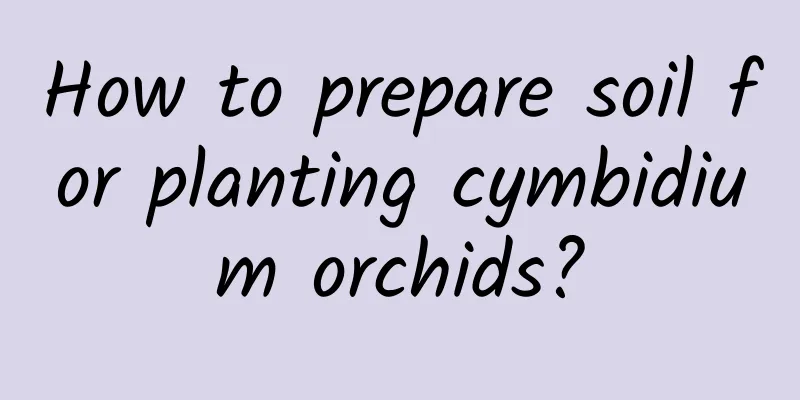How to grow Thousand Birds Flower

1. Maintenance methods1. Temperature: The cold resistance of the chickweed is very strong, so it is most suitable for cultivation in the north. In winter, it can grow in an environment of minus 35 degrees without being affected, so it can spend the winter outdoors. At the same time, the temperature suitable for its growth is between 5 and 25 degrees. You can pay appropriate attention to the high temperature in summer, not too high, a warm environment will be enough. 2. Watering: Thousand Birds prefer dryness, so the soil should not be too moist, otherwise the plant will wither and turn yellow. Water it thoroughly each time, and wait until the soil becomes dry again before watering again to ensure normal absorption. Watering can be restrained in winter. 3. Light: Just ensure normal and warm light. It has a certain shade-tolerance property, but it cannot be kept in this growth environment for a long time, especially during the flowering period, otherwise both flowering and growth will be poor. Be careful about the strong light in summer and place it in a relatively hidden place. 4. Fertilization: Fertilization is indispensable in the entire growth process. Regular fertilization can make it grow more vigorously. However, fertilizer should be applied frequently and in small amounts, and the fertilizer should not be concentrated, otherwise it will burn the roots of the plant and sometimes fertilizer damage may occur. 2. Breeding techniques1. Reproduction: There are two main methods of reproduction: sowing and branching. The branching method is relatively simple and has strong adaptability. After the branches are cut into the soil, as long as ventilation and coolness are maintained, they will take root quickly. The suitable temperature for seed germination is around 20 degrees, and they will germinate at most 20 days after sowing. 2. Pruning: The branches and leaves of the houndstooth plant are very thin, so they cannot be pruned too heavily, otherwise it will lose its ornamental value. You only need to observe its growth conditions and cut off some old and yellow branches and leaves, but generally no pruning is required. 3. Problem diagnosis and treatment1. Diseases: Diseases rarely occur in Thousand Birds Flower because it likes coolness and some bacteria are difficult to breed. However, if too much fertilizer is applied, fertilizer damage will occur, so you should pay appropriate attention to it. 2. Pests: Pests will not occur because its juice can successfully poison and kill insects. IV. Other issues1. Toxicity: It is poisonous. The juice can kill insects, and the seeds are the most toxic. 2. Can it be raised at home? Yes, it is highly ornamental. |
<<: Cultivation methods and precautions of pitcher plants
Recommend
Can Custard Apple be grown in the south?
Can sugar apples be grown in the south? Sugar-app...
Cultivation and maintenance techniques of Lagerstroemia indica
Lagerstroemia indica is a common ornamental plant...
Is Ji Longyue poisonous?
1. Hazards It is non-toxic, so you can raise it w...
How much water to water a miniature coconut
1. How much water to pour The palm tree is a drou...
What is the best season for fig cuttings (with cutting methods)
1. Cutting season Its cuttings are not very picky...
How to grow elmleaf plum
1. Breeding environment 1. Light: It is relativel...
How to grow the dragon god wood fairy column
1. Suitable soil It can tolerate drought and cann...
The reproduction method of Red Cloud Crape Myrtle
Red Cloud Crape Myrtle Cuttings There are two way...
How to judge whether orchids are lacking water and whether to water them
1. Observe the leaves Orchids need reasonable wat...
How to grow the succulent plant Misty Ice Jade
Growth habits of mist ice jade Mist Ice Jade pref...
What to do if Ji Xingmei grows too tall
The reason why Ji Xingmei grows taller Insufficie...
What to do if the tip of the leaf of Aspidistra dries up
1. Proper shade Reason: Too much light can cause ...
How long is the growth cycle of a banyan tree?
Banyan Tree Growth Introduction Banyan trees like...
How to care for Daphne odora after flowering
Brightening and cooling When they bloom, they wil...
How to grow boxwood bonsai and how to water it in winter
1. How to grow boxwood bonsai 1. Soil: The bonsai...









